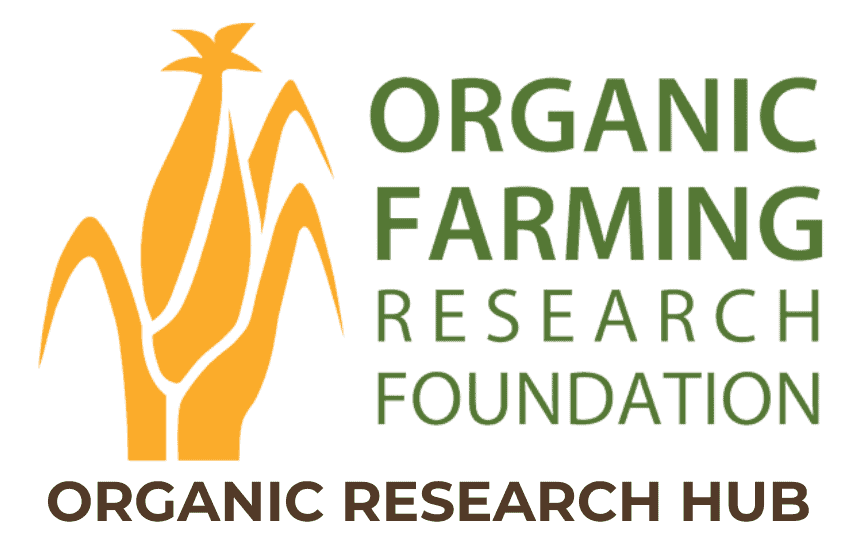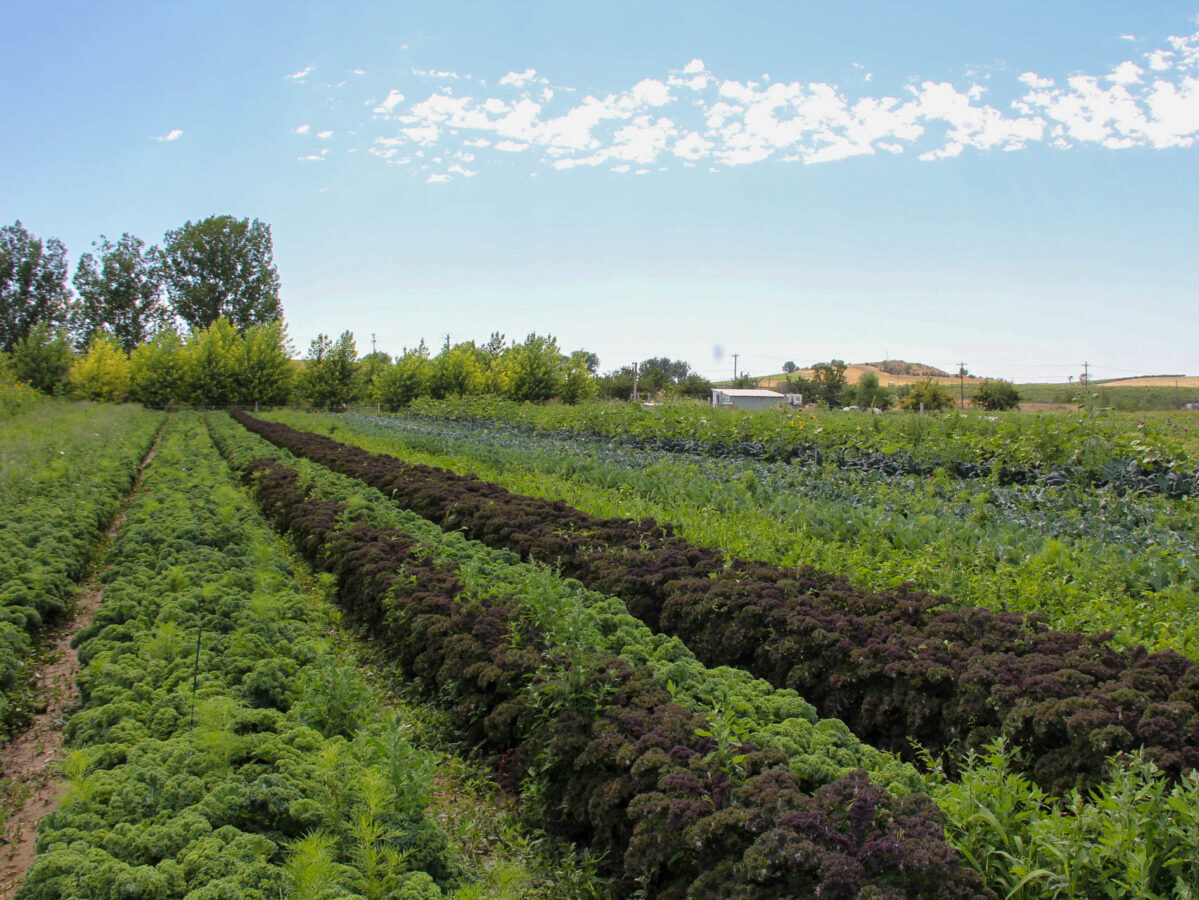Managing indigenous seed-inhabiting microbes for biological control against Fusarium pathogens in corn
Lucas Nebert, University of Oregon

The research project aims to assess how seedborne microbes can control pathogenic Fusarium in organic flint corn and explore the impact of seed disinfection treatments on microbial efficacy and Fusarium disease. Fusarium is common in corn, can persist in soil, and poses risks to human and animal health through harmful mycotoxins.
The project has been completed, with analysis of a DNA sequencing dataset from late 2015 pending due to delays. Updates will follow as over 10 million DNA sequences are analyzed. Preliminary conclusions regarding seed disinfection and inoculation include:
Conclusion 1. Seed disinfection can increase plant susceptibility to pathogens. Some disinfection methods reduced yield and increased Fusarium transmission to future seeds, suggesting cautious use and the consideration of alternatives.
Conclusion 2. Seeds can harbor beneficial bacteria for biological control. A promising bacterium was isolated from organic flint corn seeds, marking a first in using seedborne bacteria for disease management. Further exploration of additional seedborne bacteria for controlling Fusarium is planned.
Conclusion 3. Seed disinfection may enhance microbial inoculant effectiveness. Findings indicate that disinfection often improves biological control inoculants’ impact on disease and yield, suggesting OMRI-approved disinfection methods could be beneficial.
Conclusion 4. Epigenetic factors influence plant responses to pathogens and seed treatments. The source of seeds significantly affected Fusarium crown rot, likely due to seedborne microbes rather than genetic differences. Further analysis of the sequencing data aims to deepen the understanding of microbial ecology.
Region
Northwest
Topic
Disease Management, Plant Breeding, Varieties, and Seeds
Category
Grain and Field Crops
Date Range
2011-2020
Funding Amount
$13,000
Funding Year
2014Location
Eugene, Oregon
Collaborators
Brendan Bohannan, University of Oregon
Cindy Ocamb, Oregon State University
Andrew Still and Sarah Kleeger, Adaptive Seeds
Jeff Bramlett and Carri Heisler, Pitchfork and Crow



